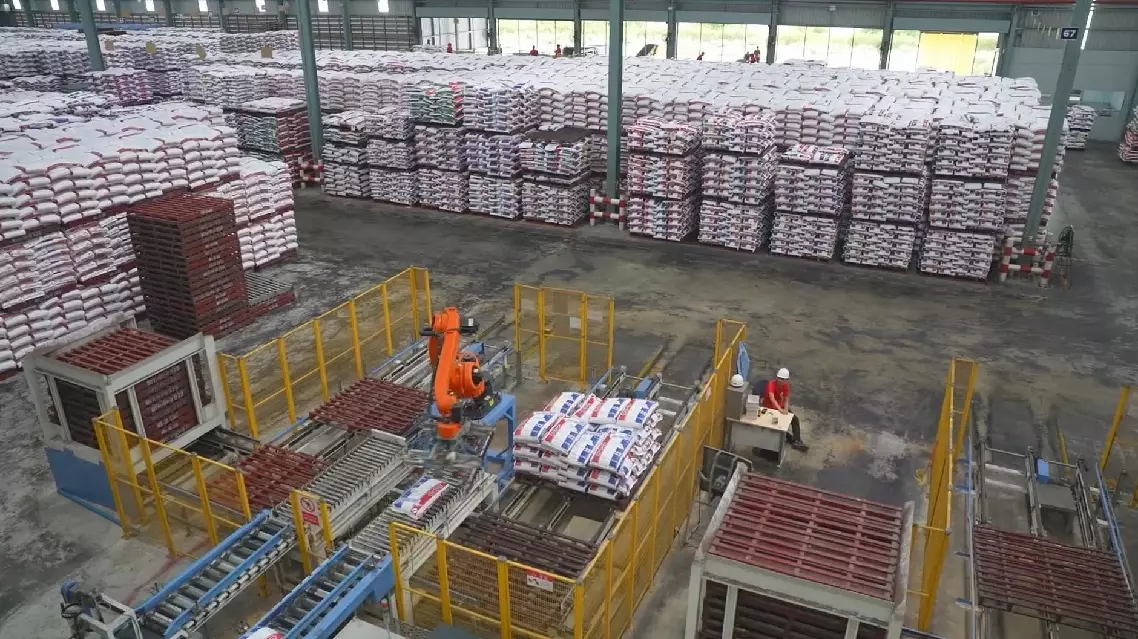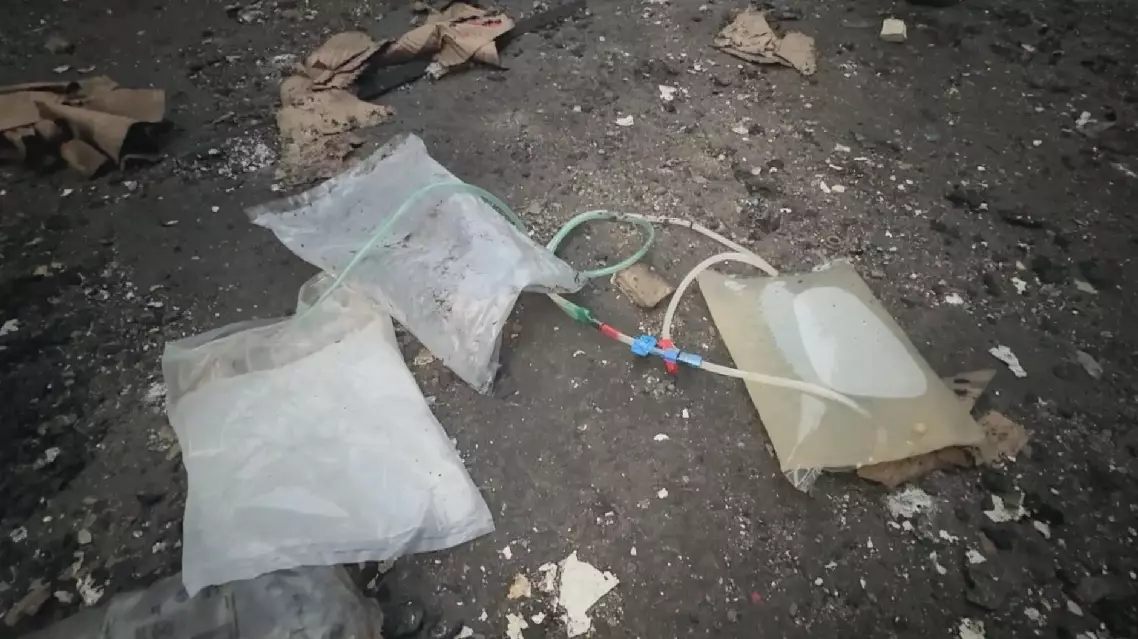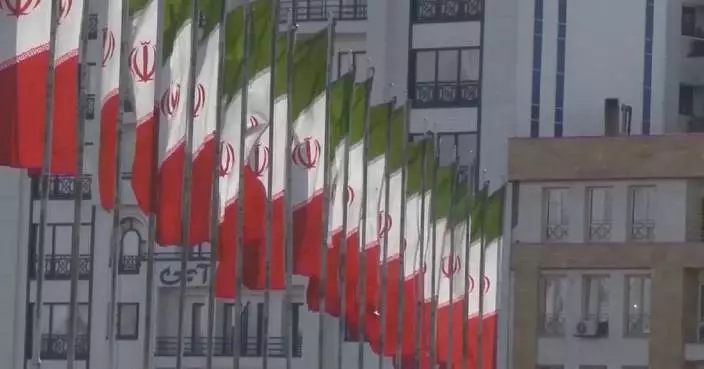Export-related companies in Thailand have expressed concerns that sweeping U.S. tariffs could cast a shadow over the future development of their businesses.
The United States is Thailand’s largest export market, accounting for 18 percent of the country's total exports. Under U.S. President Donald Trump's trade measures, Thailand faces a 36 percent tariff. With direct exports accounting for nearly 10 percent of Thailand's GDP, the tariff could reduce this contribution to less than 1.5 percent this year.
Somphop Auesongtham runs a livestock feed company that provides aqua feed for shrimp farming, which makes up a quarter of Thailand's shrimp exports to the United States.
He worries that the tariffs could drive up both shrimp prices and feed costs, putting pressure on his business from both sides.
"The trade war is very concerning and will completely change the way we do business. It will widen the gap between the businesses that can survive and those that cannot," said the businessman.
Despite the challenging situation, foreign affairs and security expert Panitan Wattanayagorn believes Thailand should seize the opportunity to adapt, diversify, and strengthen its regional ties.
"It will be painful in the next few months for sure and it will be very challenging for the next few years. But within five years, ten years, I think we will be in a much better position than now," said Wattanayagorn.

Thai exporters worry U.S. tariffs could threaten survival of their businesses
A major port in northern Venezuela came under U.S. airstrikes in the early hours of January 3, which caused extensive damage to civilian infrastructure, destroyed critical medical supplies in a warehouse, and severely impacted centuries-old cultural heritage sites, according to local residents.
The La Guaira Port, a vital hub for imports that support daily life in the region, was heavily damaged during the attack.
Large quantities of medical supplies stored at the port were destroyed. A historic cultural building dating back for some 300 years was also badly damaged by the bombardment.
Residents living near the port recalled the terrifying scenes as explosions shook nearby neighborhoods.
Humberto Bolivar, who lives in a community separated from the port by only a main road, said the blast waves shattered his home's windows, while stray shrapnel struck the water tank on his roof. According to reports, three missiles were fired at the port that night.
Bolivar said that beyond material losses, he is most concerned about the psychological impact on his children, who remain too frightened to leave their home days after the attack.
"The United States invaded our country. The children were frightened. This is not good for them, because it leaves some children with psychological trauma. They do not want to go to school or leave the house, because they are afraid that something worse might happen. We truly do not want this to happen to our country," he said.
Apart from civilian facilities, local cultural heritage site was also affected.
The La Guaira state government building, a structure with nearly 300 years of history and once served as the site of Venezuela's first national customs office, was struck by the force of the explosions.
Windows of the building were shattered, and furniture scattered across the floor.
"As people of La Guaira, we feel deep pain. Our cultural heritage has been bombed. We are living in constant anxiety and suffering, and life can no longer be the same as it was before," said a local named Henry Cumares.
The U.S. side has claimed the airstrikes targeted warehouses allegedly used to store narcotics. However, locals refuted such accusation.
"According to what Donald Trump said, they bombed this place using the excuse that the warehouses here were used to store drugs at the port. But based on the video released by our governor, these warehouses that were burned contained medicine for kidney patients and foods. Many people depend on these supplies to survive. I think the bombing is extremely despicable," said a local resident named Alejandro Capriles.

US strike hits Venezuelan port, wrecking medical supplies, heritage building










